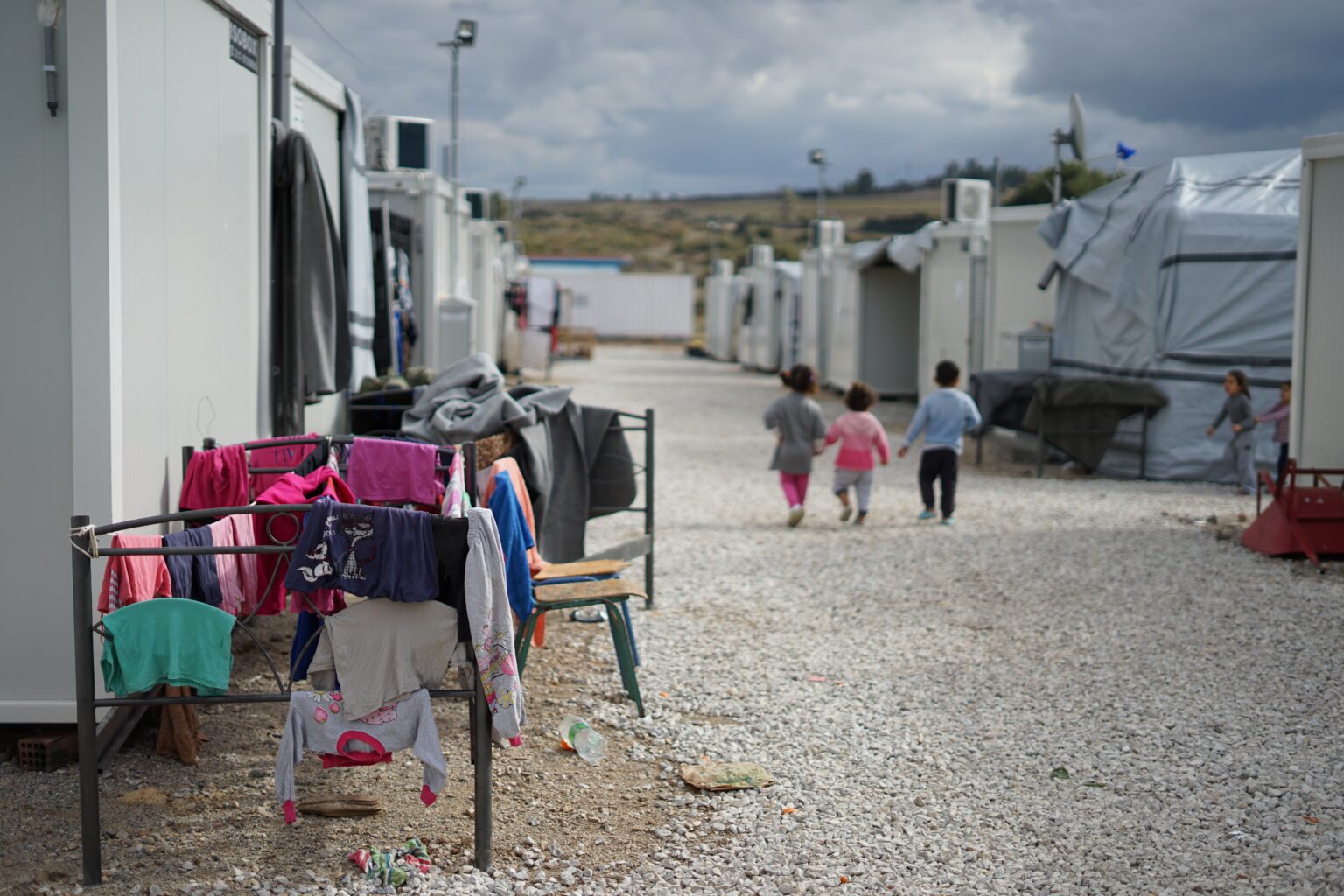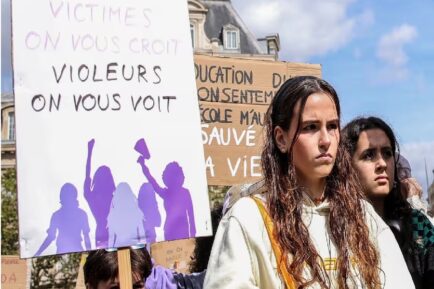A joint statement is signed by 73 civil society organizations, including the Diotima Center, highlighting the risk of homelessness faced by thousands of refugees, calling on the Greek authorities “to urgently take immediate, realistic measures to ensure that no refugee will be driven out of the apartments in the middle of winter and in ongoing pandemic conditions”. Read the full text below.
As winter closes in, thousands of refugees in Greece still face homelessness and destitution. While winter always poses a challenge, this year is likely to become one of the most challenging yet due to the ongoing pandemic, a deliberate decrease in the length of support for refugees, and the lack of a comprehensive integration strategy and strategy against homelessness from authorities.
Around 11,000 people who were granted asylum were notified amidst a global pandemic that they were going to face forced exits from apartments for vulnerable people (ESTIA), hotel rooms under the Temporary Shelter and Protection program (FILOXENIA), accommodation in camps on the islands and on the mainland.
These forced exits follow a government policy where refugees are forced to ‘stand on their own feet and fend for themselves within one month after protection status is granted, resulting in an end to accommodation, access to food support, and EU-funded cash assistance.
The EU-funded HELIOS Integration Support program has enrolled 22,980 refugees, but so far only 9,203 people have been able to access rental subsidies. For a great number of people, it will not be possible or feasible to receive HELIOS support.
Many refugees have been unable to access social rights such as a social security number (PAAYPA), a tax number (AFM), or a bank account, necessary to get a job or rent an apartment, because of bureaucratic obstacles, language barriers, and discrimination. The HELIOS program provides a good start but cannot substitute a comprehensive integration strategy that takes into account that integration efforts need to start from the reception stage.
Civil society organisations are especially concerned about the many vulnerable refugees who have been forced to exit or are facing forced exits, including survivors of gender-based violence or torture, people with health issues, including mental health, or disabilities, single women and single-parent families, young adults, and people from the LGBTQ+ community.
Many refugees have difficulties or are unable to become self-sufficient because of vulnerabilities or problems accessing essential services and the labour market. In the past, refugees who were asked to exit state-provided accommodation ended up sleeping rough in urban areas or did not leave accommodation out of fear of becoming homeless.
Problems with access to support and services are exacerbated for refugees in camps because of ongoing Covid-19 restrictions and the often remote locations of these sites, making it nearly impossible to search for housing, access services or find work. For many refugees in camps, food insecurity is a constant risk as cash assistance is halted within one month while those not enrolled in the HELIOS programme stop receiving food assistance.
The announced transit sites for those forced to exit their accomodation only provide a band-aid solution for some refugees and only ever for a maximum of two months. This period is simply not enough for people to become independent and without proper support, the number of homeless people in cities will increase.
Ultimately, there is a critical absence of a long-term sustainable strategy for integration and inclusion in Greece that results in increased homelessness and destitution for many people—of whom many are refugees. Civil society organisations call on the Greek government to:
- Urgently take pragmatic measures to ensure that refugees are not evicted during winter and an ongoing pandemic. Focussing on prevention and early intervention and equal access to public services, are regarded as essential steps by the European Parliament to end homelessness.
- Present a lasting strategy for social security and integration which includes access to adequate and affordable housing, including social housing, to ensure the full and effective enjoyment of human rights, in line with the EU Action plan on Integration and Inclusion.
- Engage in regular consultation and dialogue with civil society about integration as the EU Action plan on Integration and Inclusion emphasised its necessity to achieve integration and inclusion.
Signatories
- Aachener Netzwerk für humanitäre Hilfe und interkulturelle Friedensarbeit e.V.
- AASIA
- Action for Education
- Action for Women
- ActionAid Hellas
- ANTIGONE – Information and Documentation Centre on Racism, Ecology, Peace and Non Violence
- ARSIS – Association for the Social Support of Youth
- Better Days
- Centre Diotima
- Changemakers Lab
- Choose Love
- CRIBS International
- Dirty Girls of Lesvos
- DRC GREECE
- ECHO100PLUS
- Ecological Movement of Thessaloniki
- Enough is Enough movement
- Equal Rights Beyond Borders
- Europe Must Act
- European Federation of National Organisations Working with the Homeless (FEANTSA)
- Faros
- Fenix Humanitarian Legal Aid
- foodKIND
- Gablitz hilft- Flüchtlingshilfe
- Greek Council for Refugees (GCR)
- Greek Forum of Migrants
- HERMINE e.V.
- HIAS Greece
- Humanity Now: Direct Refugee Relief
- HumanRights360
- Humans before Borders
- Indigo Volunteers
- Intereuropean Human Aid Association
- International Rescue Committee (IRC)
- INTERSOS
- INTERSOS Hellas
- InterVolve
- Jesuit Refugee Service Greece
- Lighthouse Relief (LHR)
- Love Welcomes
- Mare Liberum
- Mobile Info Team
- Network for Children’s Rights
- Odyssea
- One Family – No Borders
- One Happy Family
- Project Armonia
- ReFOCUS Media Labs
- Refugee Education and Learning International
- Refugee Legal Support (RLS)
- Refugee Rights Europe (RRE)
- Refugee Trauma Initiative
- Refugee Youth Service
- RefugeeEd
- Refugees International
- Samos Volunteers
- SAO Association for displaced women
- Second Tree
- ShowerPower Foundation
- SolidarityNow
- Soup & Socks e.V.
- Still I Rise
- Symbiosis – School of Political Studies in Greece, Council of Europe Network of Schools
- Terre des hommes Hellas
- Thalassa of Solidarity
- The Lava Project
- Three Peas
- UK Must Act
- Velos Youth
- Verein FAIR.
- We Are Here
- Willkommen in Nippes
- Yoga and Sport For Refugees





